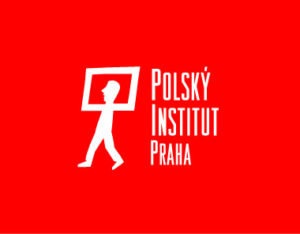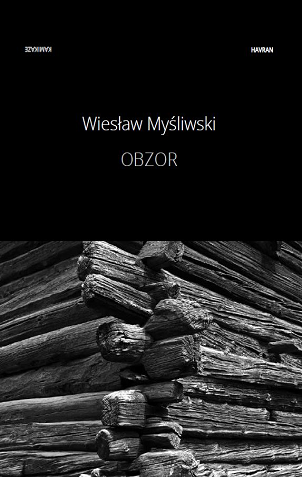

An old photograph – it is a look at it that opens and closes the novel. Peter, in many respects the author’s alter ego, becomes the narrator of the story of his family and his own life. He thinks back to various experiences from his childhood, from his adolescent times during the war, and from the first years of communism in a small town. He does not follow any chronological line – individual stories appear together with objects from the past, whether it is a photograph or a lost shoe. However, the strongest moments of the novel are not specific details from the precisely captured everyday life, but the ability to elevate everything as a whole to universal validity, even though the narrated world is seen through the hero´s eyes and does not go beyond his horizon.
Published by Havran, 2020

©Danuta Wegiel/Fotonova
Wiesław Myśliwski (* 1932) is one of the living Polish literary classics. Rhythmic, elaborate language and a narrative passion are typical of the author’s multi-page prose. His works are often included in village life books, but the author transcends this stream in many respects. He does not focus on describing folk customs or capturing the vanished traditional world, but concentrates on the lives of particular heroes. Two of his novels, Stone Upon Stone (Kamień na kamieniu, 1986) and A Treatise on Shelling Beans (Traktat o łuskaniu fasoli, 2010), which won the Nike Literary Prize, were published in Czech. Besides the Nobel Prize winner for literature Olga Tokarczuk, he is the only writer who has won this prestigious Polish literary prize twice – in 1997 he also received it for the novel Horizon.
by Františka Bakošová.
By continuing to browse this website, you agree to the use of cookies. more information
The cookie settings on this website are set to "cookies enabled" to provide you with the best possible browsing experience. By continuing to use this website without changing your cookie settings or by clicking on the "Agree" button, you agree to the terms of use of cookies.